Summer Sips: Juicy Fruits That Naturally Keep Blood Pressure in Check
Summer isn’t just a time for sunshine and fresh air—it’s nature’s prime season for heart-smart eating. Bursting with flavor, hydration, and powerful nutrients, summer fruits offer more than just refreshment—they can actually help lower your blood pressure naturally. With hypertension affecting millions worldwide and increasing the risk of heart disease and stroke, finding everyday, enjoyable ways to manage it is more important than ever. Fortunately, some of the season’s most beloved fruits are backed by science for their ability to support healthy circulation, reduce arterial strain, and flush out excess sodium. We’ve expanded our guide to include 19 specific summer fruits that go beyond sweetness and color to deliver real cardiovascular benefits. From potassium-packed picks to antioxidant-rich all-stars, each fruit on this list plays a unique role in helping you protect your heart and feel your best. Ready to eat your way to better blood pressure? Let’s get started.
1. Watermelon: The Hydration Hero

Watermelon is synonymous with summer, and its high water content makes it a perfect hydrating fruit for hot days. Beyond quenching thirst, watermelon is rich in an amino acid called citrulline. Citrulline is converted into arginine in the body, which is crucial for the production of nitric oxide. Nitric oxide helps relax blood vessels, improving blood flow and subsequently reducing blood pressure. Studies have shown that regular consumption of watermelon can lead to a significant decrease in both systolic and diastolic blood pressure. Additionally, watermelon is low in calories and high in vitamins A and C, making it a heart-healthy choice. Its natural sweetness also satisfies sugar cravings, reducing the need for processed snacks that can negatively impact blood pressure.
2. Berries: Nature’s Antioxidant Powerhouses

Berries, including strawberries, blueberries, and raspberries, are not only vibrant and tasty but also packed with antioxidants. These antioxidants, particularly flavonoids, play a crucial role in lowering blood pressure. Flavonoids help improve endothelial function, which is essential for maintaining flexible blood vessels and healthy blood pressure levels. Research indicates that individuals who consume berries regularly have a reduced risk of developing hypertension. Berries are also high in fiber, which aids in maintaining a healthy weight, another critical factor in blood pressure management. Their versatility makes them easy to incorporate into various meals, from breakfast bowls to smoothies, ensuring you can enjoy their benefits throughout the day.
3. Oranges: The Citrus Delight

Oranges are a staple summer fruit, known for their refreshing taste and high vitamin C content. Vitamin C is a potent antioxidant that helps combat oxidative stress, a contributing factor to high blood pressure. Furthermore, oranges contain potassium, a mineral that balances sodium levels in the body, aiding in blood pressure regulation. Regular consumption of oranges and other citrus fruits has been linked to lower blood pressure and reduced risk of heart disease. The fiber in oranges also supports heart health by lowering cholesterol levels. Whether enjoyed as a snack or freshly squeezed juice, oranges offer a delicious way to support cardiovascular health.
4. Bananas: The Potassium Powerhouse

Bananas are renowned for their high potassium content, a mineral vital for blood pressure control. Potassium helps counteract the effects of sodium in the body, relaxing blood vessel walls and promoting healthy blood flow. Studies have shown that diets rich in potassium can significantly lower blood pressure, reducing the risk of stroke and heart disease. Beyond potassium, bananas provide other essential nutrients like vitamin B6 and magnesium, which further support heart health. Their natural sweetness and portability make bananas an ideal snack for busy summer days, providing a quick and nutritious energy boost.
5. Avocados: The Creamy Heart-Helper
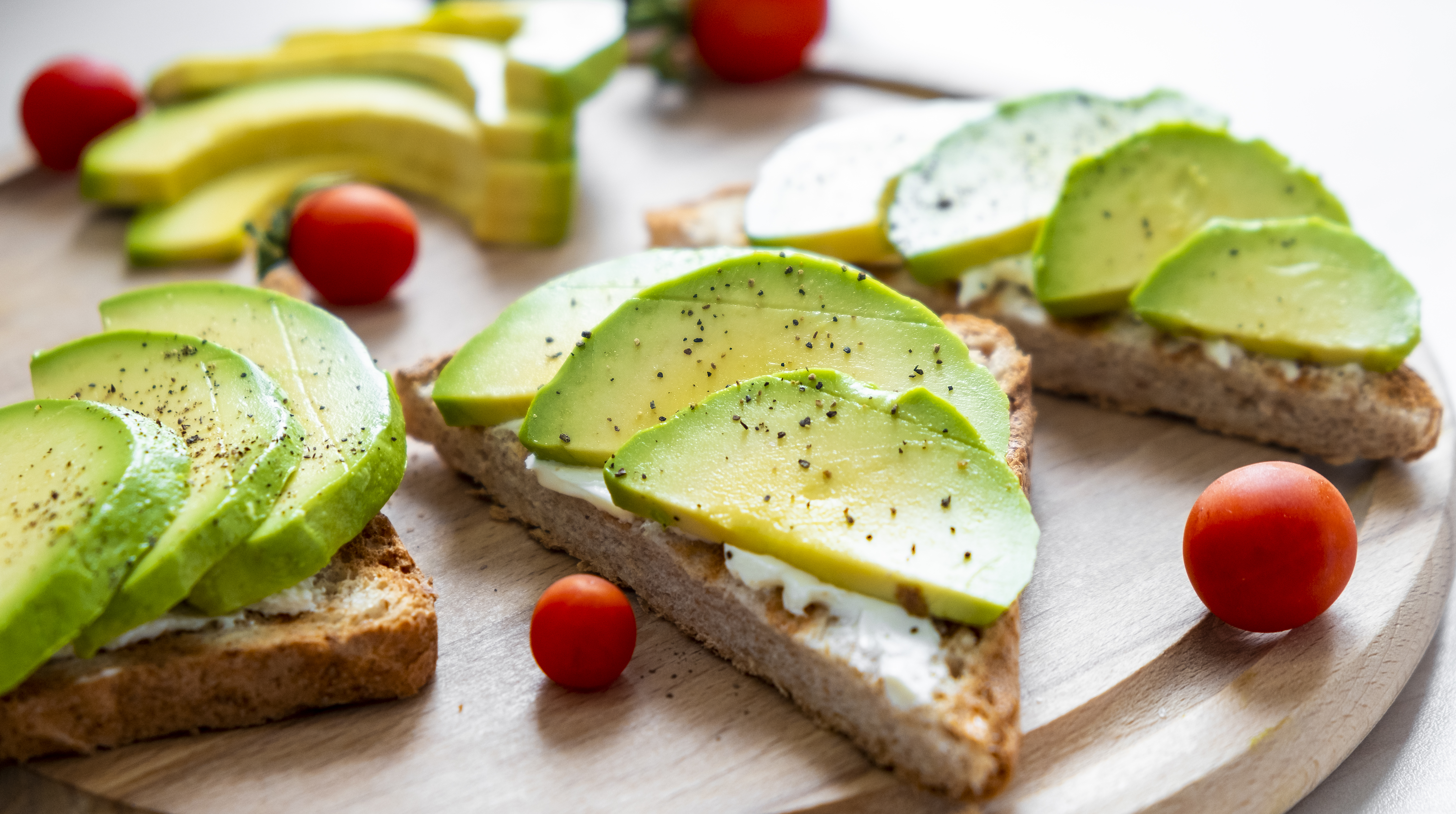
Avocados, often celebrated for their creamy texture and healthy fats, are another summer fruit that can aid in blood pressure management. They are rich in monounsaturated fats, which help lower bad cholesterol levels and reduce heart disease risk. Avocados also contain potassium and magnesium, both of which are crucial for maintaining healthy blood pressure. The fiber in avocados supports digestive health and weight management, further contributing to cardiovascular wellness. Whether spread on toast or added to salads, avocados offer a versatile and nutritious addition to your summer diet.
6. Grapes: The Tiny Health Giants

Grapes, small yet mighty, are packed with polyphenols, compounds that have been shown to improve heart health. These polyphenols help reduce inflammation and oxidative stress, both of which can contribute to high blood pressure. Grapes also contain potassium, which aids in balancing sodium levels and promoting healthy blood pressure. Studies suggest that regular consumption of grapes can lead to significant reductions in blood pressure and improved overall cardiovascular health. Their natural sweetness makes them a delightful snack, while their versatility allows them to be incorporated into a variety of dishes, from salads to desserts.
7. Kiwifruit: The Exotic Protector

Kiwifruit, with its vibrant green flesh and unique taste, is a summer fruit that offers significant health benefits. It is rich in vitamin C and antioxidants, which help combat oxidative stress and support heart health. Kiwifruit also contains potassium, aiding in blood pressure regulation. Research has shown that consuming kiwifruit regularly can lead to lower blood pressure and improved lipid profiles. The fiber in kiwifruit supports digestive health and weight management, further contributing to cardiovascular wellness. Whether eaten on its own or added to fruit salads, kiwifruit provides a refreshing and nutritious option for summer.
8. Pineapple: The Tropical Treat
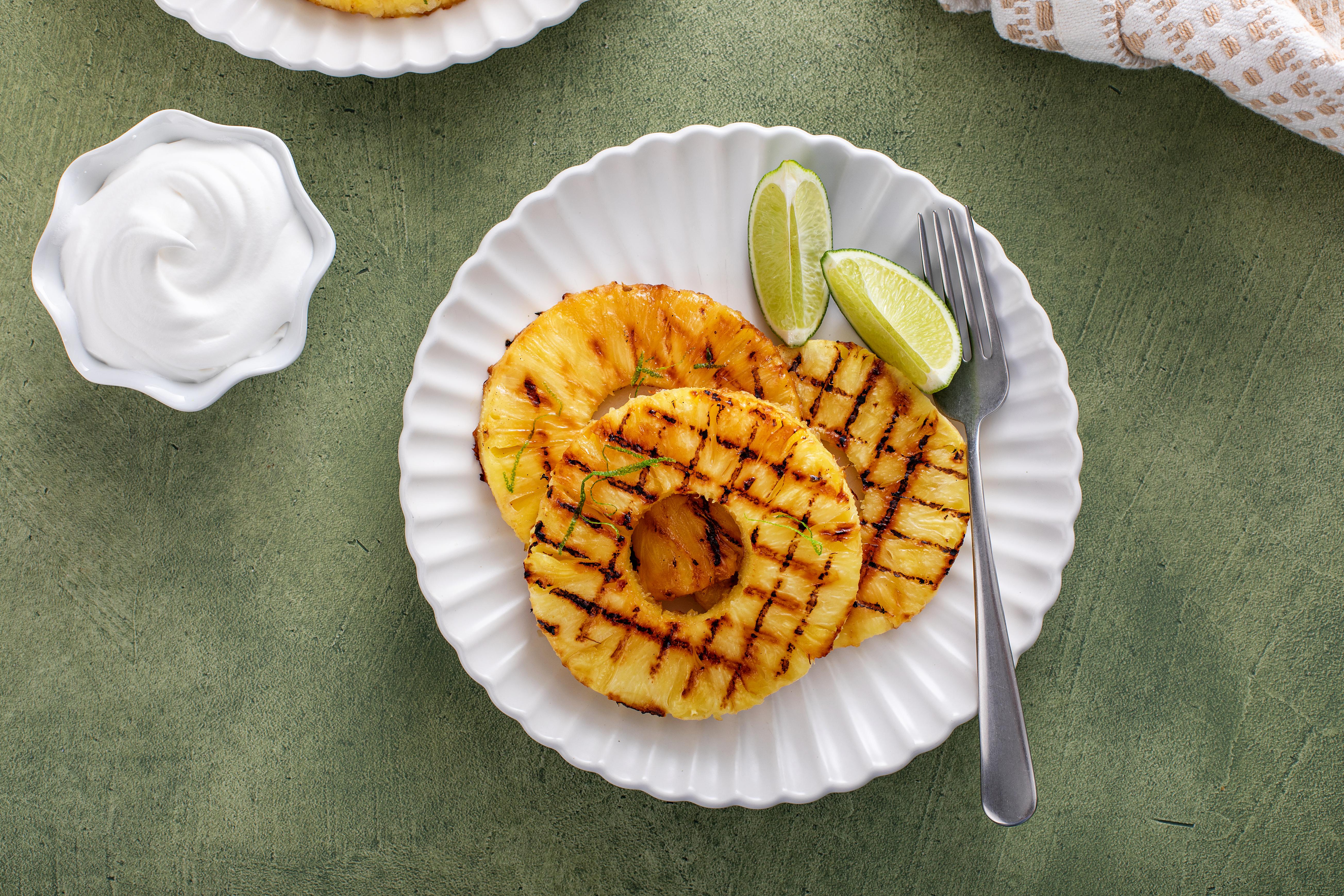
Pineapple is a tropical fruit that embodies the essence of summer with its sweet and tangy flavor. It is rich in bromelain, an enzyme that has anti-inflammatory properties and supports cardiovascular health. Pineapple also contains potassium and vitamin C, both of which are essential for maintaining healthy blood pressure. Regular consumption of pineapple can aid in reducing blood pressure and supporting overall heart health. Its natural sweetness makes it a perfect addition to smoothies, fruit salads, or as a standalone snack, providing a tropical twist to your summer diet.
9. Pomegranates: The Jewel of Health
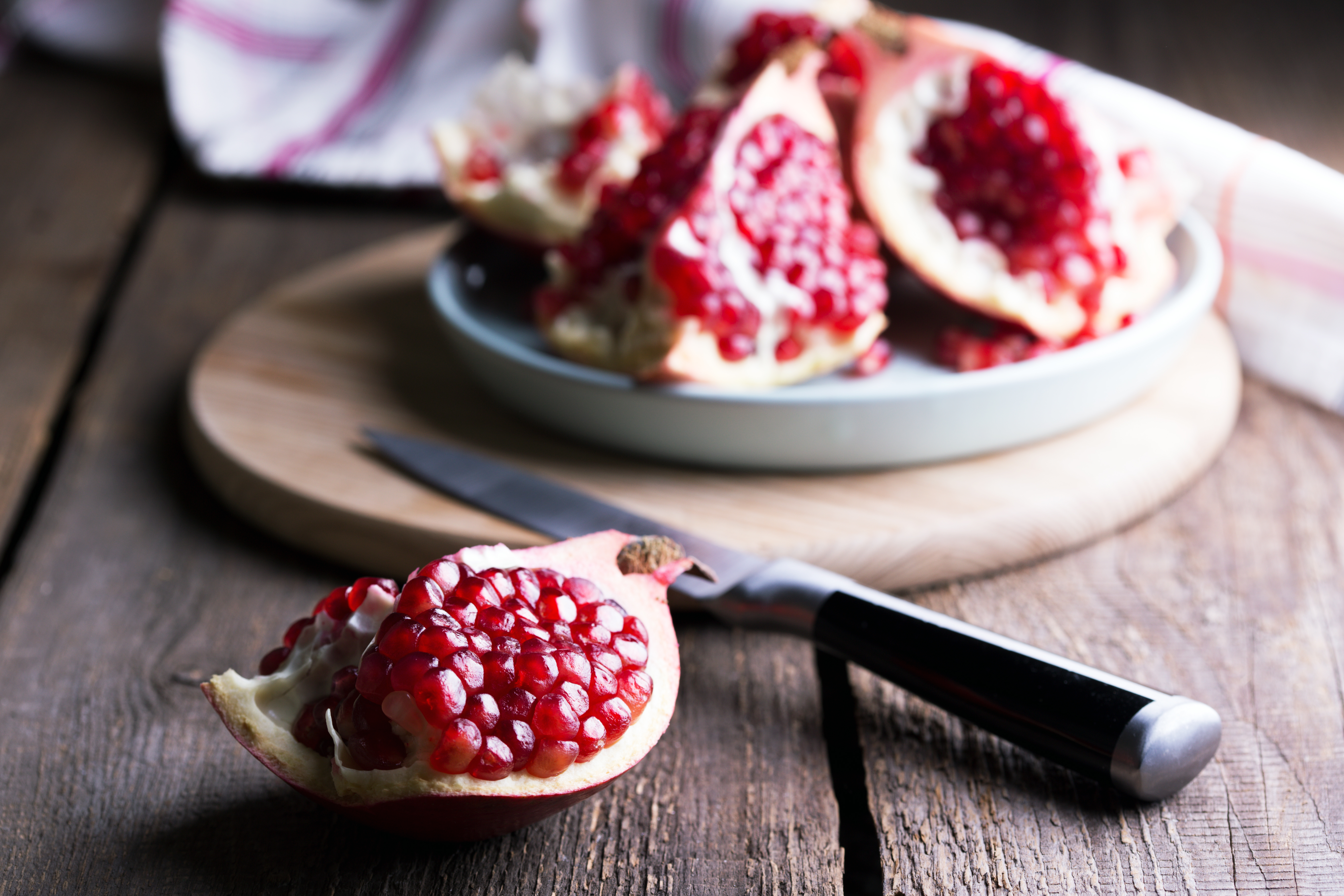
Pomegranates, often referred to as the jewel of fruits, are renowned for their health benefits, particularly in relation to heart health. They are rich in antioxidants, especially punicalagins, which have been shown to reduce blood pressure and improve heart function. Studies have demonstrated that regular consumption of pomegranate juice can lead to significant reductions in systolic and diastolic blood pressure. Pomegranates also contain potassium, further supporting blood pressure regulation. Their unique flavor and vibrant color make them a delightful addition to summer meals, whether enjoyed as juice, seeds, or incorporated into dishes.
10. Peaches: The Soft and Sweet Healer

Peaches, with their soft texture and sweet taste, are a quintessential summer fruit that offers various health benefits. They are rich in vitamins A and C, as well as potassium, all of which contribute to heart health and blood pressure regulation. Peaches also contain antioxidants that help reduce inflammation and oxidative stress, both of which can impact blood pressure. Research suggests that regular consumption of peaches can lead to improved cardiovascular health and reduced risk of hypertension. Their versatility allows them to be enjoyed in a variety of ways, from fresh snacks to grilled desserts.
11. Cherries: The Tart Treasure

Cherries, whether sweet or tart, are a summer fruit that offers a range of health benefits. They are rich in antioxidants, particularly anthocyanins, which have been shown to reduce inflammation and support heart health. Cherries also contain potassium, aiding in blood pressure regulation. Studies have indicated that consuming cherries can lead to lower blood pressure and improved overall cardiovascular health. Their unique flavor makes them a delightful addition to summer dishes, from salads to desserts, providing a burst of color and nutrition.
12. Mangoes: The King of Fruits

Mangoes, often referred to as the king of fruits, are a tropical delight that offers numerous health benefits. They are rich in vitamins A and C, as well as potassium, all of which contribute to heart health and blood pressure regulation. Mangoes also contain antioxidants that help reduce inflammation and oxidative stress, supporting overall cardiovascular wellness. Research suggests that regular consumption of mangoes can lead to improved heart health and reduced risk of hypertension. Their sweet and juicy flesh makes them a perfect addition to summer smoothies, salads, or as a standalone treat.
13. Plums: The Purple Powerhouses

Plums, with their deep purple hue and sweet-tart flavor, are a summer fruit that offers significant health benefits. They are rich in antioxidants, particularly polyphenols, which have been shown to improve heart health and reduce blood pressure. Plums also contain potassium, aiding in blood pressure regulation. Studies suggest that regular consumption of plums can lead to improved cardiovascular health and reduced risk of hypertension. Their versatility allows them to be enjoyed fresh or dried, providing a nutritious and flavorful addition to summer meals.
14. Apricots: The Golden Gems

Apricots, with their golden hue and sweet flavor, are a summer fruit that offers a range of health benefits. They are rich in vitamins A and C, as well as potassium, all of which contribute to heart health and blood pressure regulation. Apricots also contain antioxidants that help reduce inflammation and oxidative stress, supporting overall cardiovascular wellness. Research suggests that regular consumption of apricots can lead to improved heart health and reduced risk of hypertension. Their natural sweetness makes them a perfect addition to summer salads, desserts, or as a standalone snack.
15. Lychee: Juicy Burst of Potassium and Polyphenols
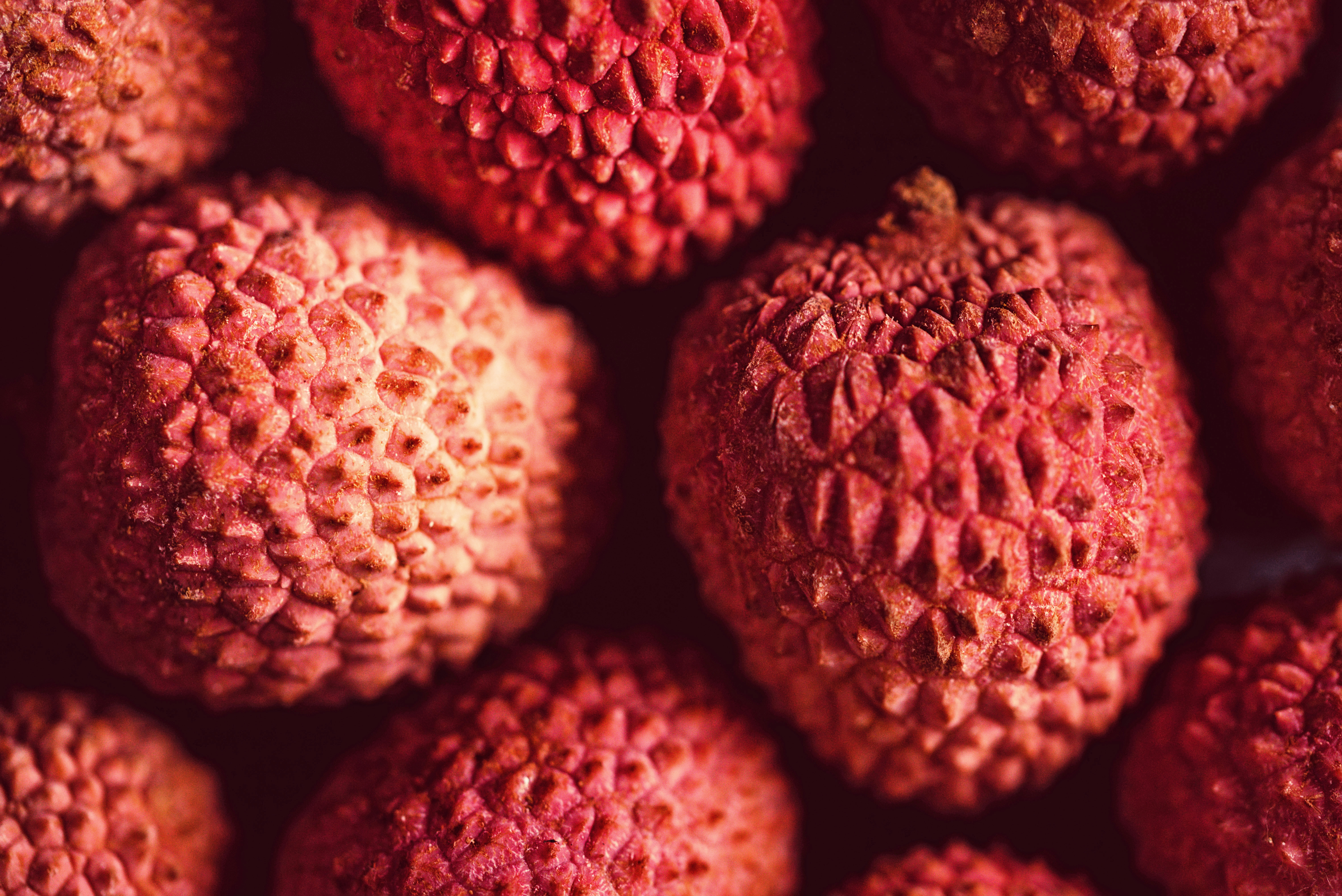
Lychee is more than just a sweet summer indulgence—it’s a nutrient-packed fruit that supports heart health. Rich in potassium, lychee helps counterbalance sodium and promotes relaxed blood vessels, making it a natural ally against high blood pressure. It also contains quercetin and rutin, two powerful polyphenols that reduce inflammation and improve blood circulation. With its high water content, lychee is also hydrating—a crucial bonus during hot months when dehydration can stress the cardiovascular system. Eat them fresh, chilled, or in fruit bowls. Just a handful can give your heart a juicy, antioxidant-rich edge while satisfying your sweet tooth naturally.
16. Starfruit: Tangy Support for Healthy Circulation
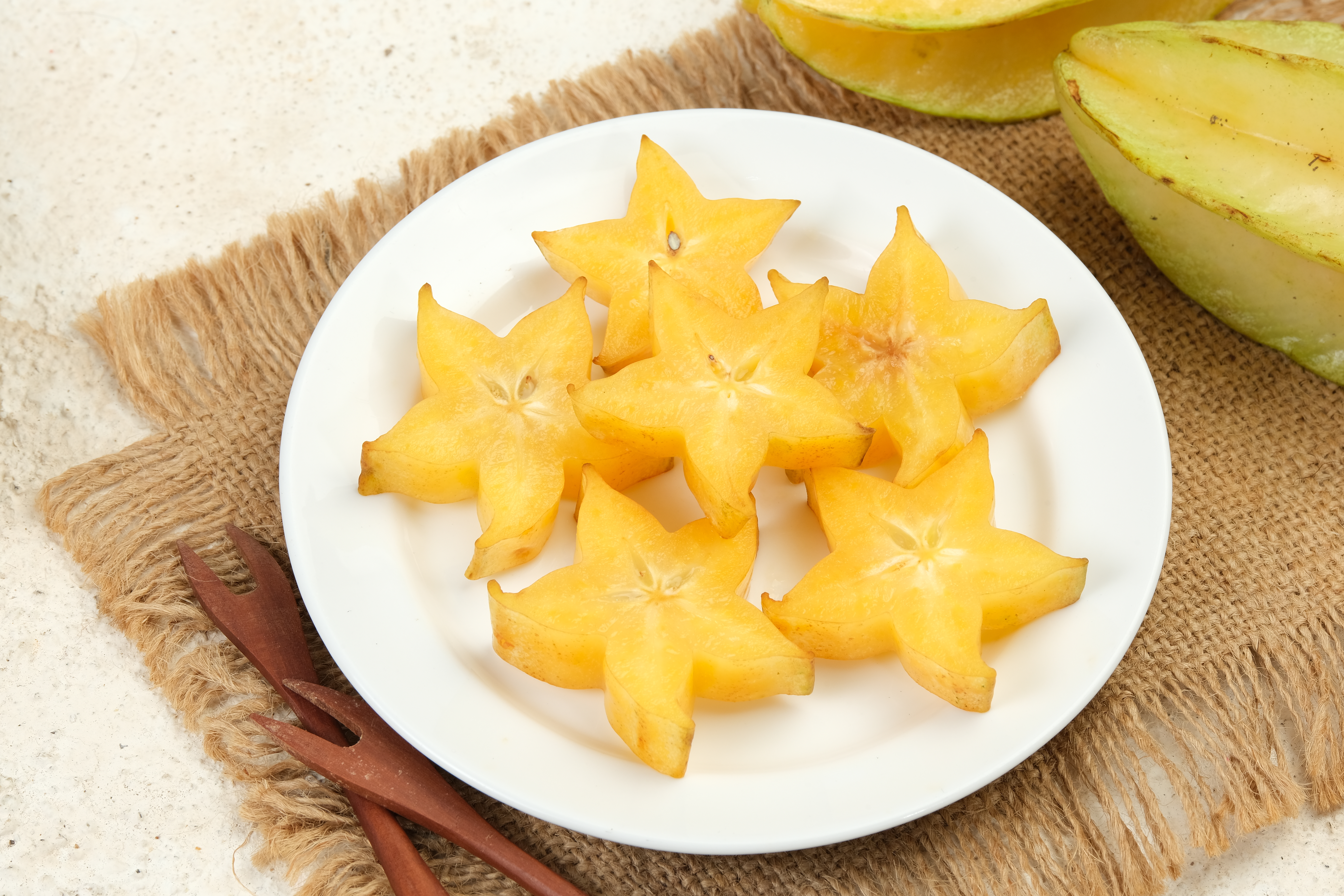
Starfruit, or carambola, offers more than visual flair—it’s a low-calorie, fiber-rich fruit that supports blood pressure regulation. Packed with vitamin C, potassium, and magnesium, starfruit aids in relaxing blood vessels, reducing arterial stiffness, and improving overall cardiovascular function. Its natural acidity also supports hydration and kidney function, both of which influence sodium balance and blood pressure. Just be cautious if you have kidney issues, as starfruit contains oxalates. Otherwise, its crisp, tart-sweet bite is perfect for summer salads, smoothies, or simply chilled and sliced. This under-the-radar fruit shines when it comes to heart-smart hydration and circulation support.
17. Figs: Fiber-Filled Fruits for Pressure Balance
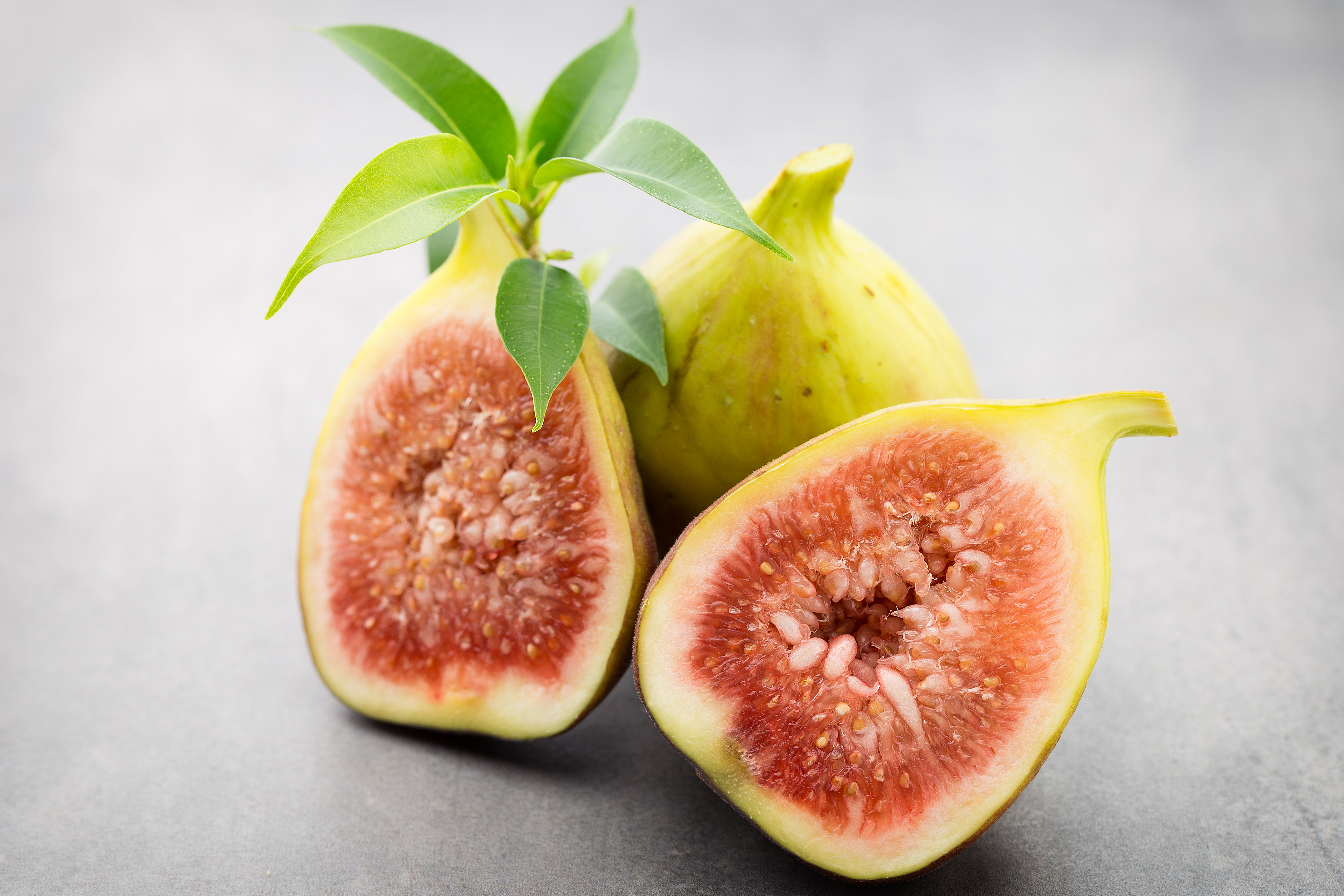
Figs are a luscious, honeyed fruit that deliver a serious dose of fiber, potassium, and polyphenols—an ideal trio for lowering blood pressure. The fiber helps regulate cholesterol and maintain a healthy weight, while potassium promotes sodium excretion and vessel relaxation. Figs are also high in magnesium, which supports smooth muscle function and helps reduce vascular resistance. Eat them fresh in the summer, grilled with honey, or sliced into a salad. Their complex flavor and rich texture offer a gourmet touch to your plate while subtly working to keep your blood pressure in check.
18. Cantaloupe: Cooling Relief for Circulatory Stress
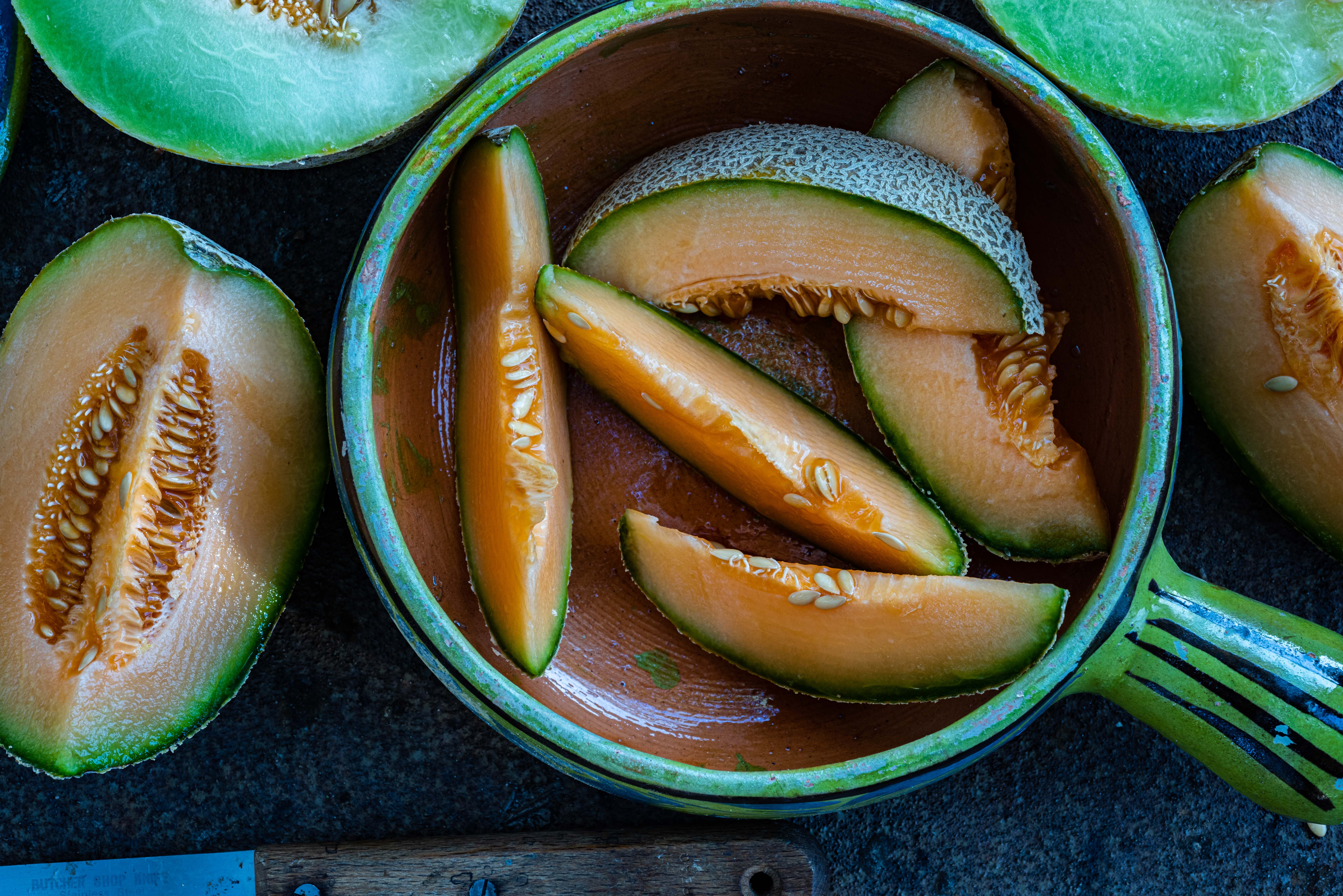
Cantaloupe is more than just a poolside snack—it’s a potassium-rich, hydrating melon that’s tailor-made for cardiovascular care. Its high water content helps flush excess sodium, while potassium and vitamin C work together to support blood vessel elasticity and lower oxidative stress. Cantaloupe is also rich in beta-carotene, which helps reduce inflammation—another contributor to high blood pressure. Light, sweet, and incredibly refreshing, it’s ideal in fruit bowls, smoothies, or eaten solo on hot days. Incorporating cantaloupe into your diet is an easy, delicious way to cool down while giving your heart exactly what it needs to thrive.
19. Nectarines: Smooth-Skinned Support for Heart Health
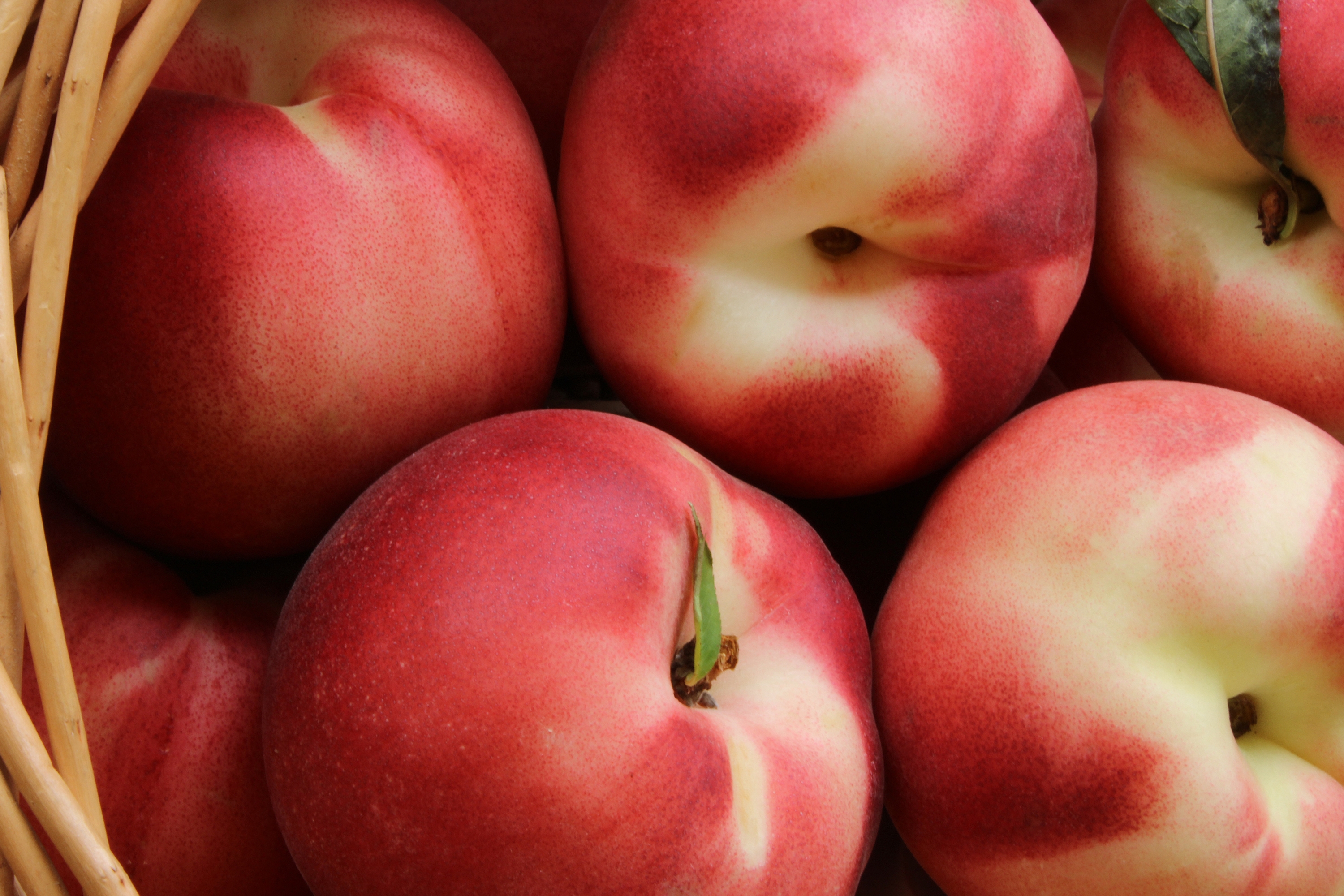
Nectarines bring a juicy burst of vitamins A and C, potassium, and fiber—all key players in the fight against high blood pressure. Like their cousin the peach, nectarines help reduce inflammation and oxidative stress, which can damage blood vessels over time. Their potassium content helps relax the walls of your arteries and improve fluid balance, which directly impacts systolic and diastolic pressure. Nectarines also contain bioflavonoids, which improve circulation and prevent arterial stiffness. Enjoy them fresh, grilled, or blended into a smoothie. With their smooth skin and sweet tang, nectarines are as functional as they are flavorful.
Sweet Solutions for a Stronger Heart
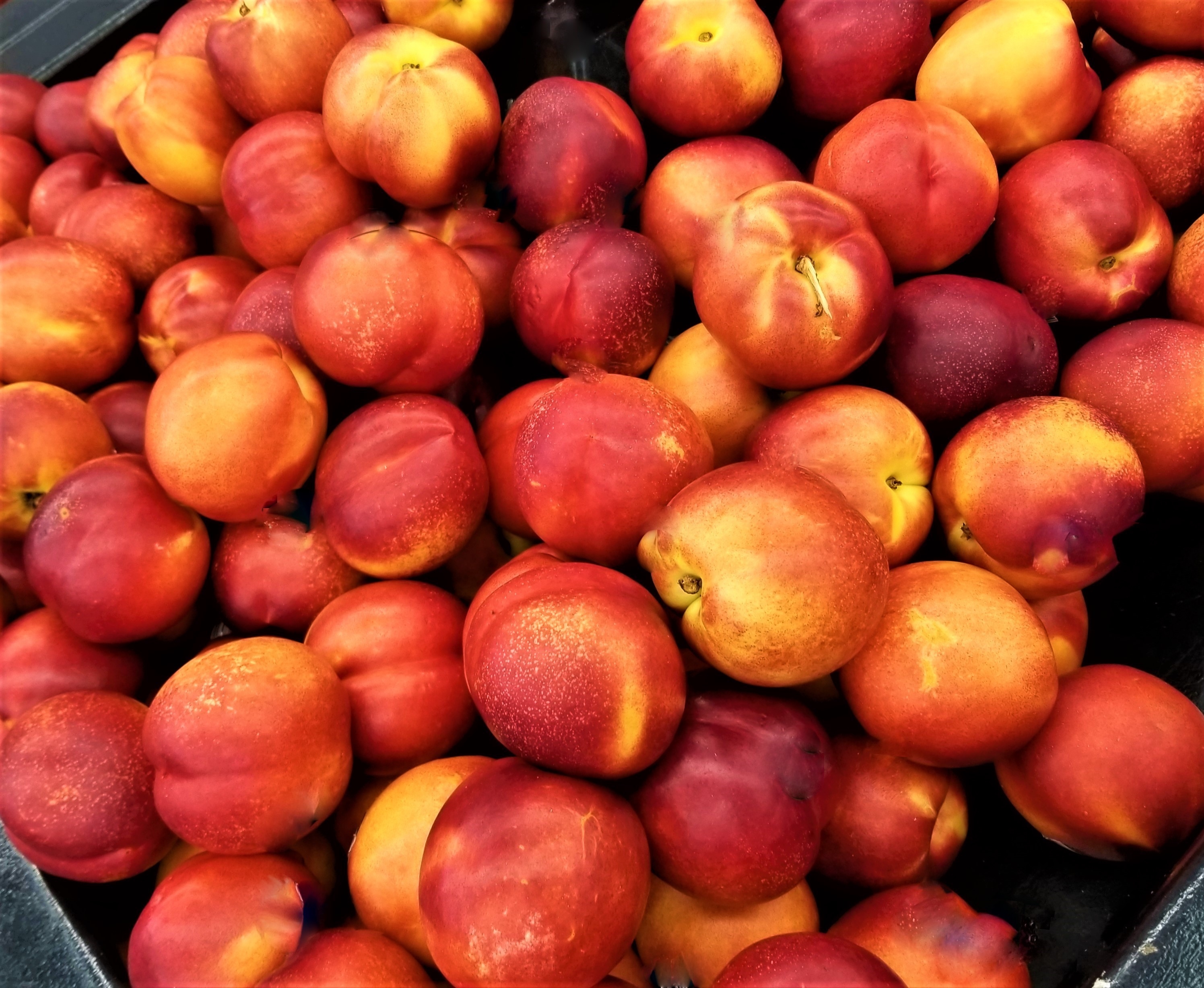
Who knew your summer fruit bowl could double as heart medicine? With 19 powerhouse picks now in your hands, lowering blood pressure doesn’t have to mean bland diets or complicated regimens. These vibrant, juicy fruits are rich in potassium, antioxidants, fiber, and hydration—nature’s prescription for a healthier cardiovascular system. From the watermelon that cools and relaxes your vessels to the figs that fiber-load your way to stability, each fruit offers a unique path to better blood flow and pressure control. And the best part? They're delicious, accessible, and meant to be savored. Whether you blend, slice, juice, or snack your way through summer, every bite brings you closer to balance—naturally. Because managing hypertension shouldn’t feel like punishment—it should taste like joy. So go ahead: fill your basket, fuel your body, and let every sweet, sun-ripened bite support the strongest version of you. Your heart—and your tastebuds—deserve it.
